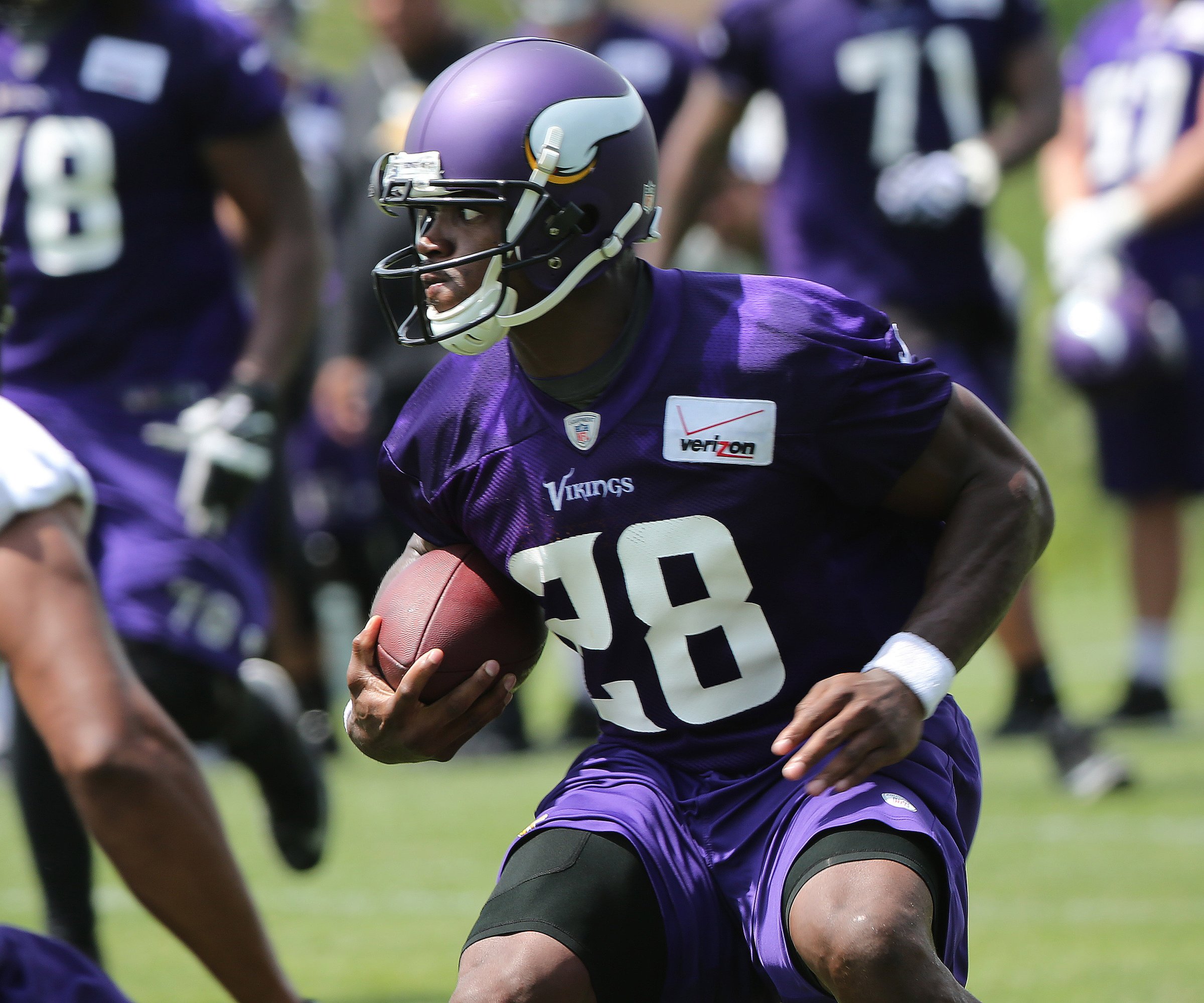
It’s hard not to take your work home. Politicians glad-hand even when they’re not campaigning; linguists struggle not to scold poor grammar; off-duty police officers scan the crowd in a restaurant for signs of trouble before they sit down. So what happens when your job involves hitting people—especially when you’re paid very, very well to hit them very, very hard?
There are a lot of explanations for the crisis of violence that has hit the National Football league—and a lot of them have merit. Athletes are spoiled. Check. They feel entitled. Check. They believe they’re outside the rules and that even if they get in trouble they can buy their way out with a top-dollar legal defense—check and check. But there are athletes and there are athletes, and not every player in every sport gets into the same kind of trouble. Increasingly, it seems, it’s those who are violent during their work day who continue to be that way when they go home.
The numbers tell a nasty story. There is the San Diego Tribune’s regularly updated NFL Arrests Database, which tracks every known bust of a professional football player going as far back to 2000, a total that currently stands at 730—and counting. There is the more-comprehensive Arrest Nation, an all-sports database, which has tallied 47 NFL arrests in 2014 alone—with three and a half months still remaining in the year.
There is the compelling number-crunching of the Arrest Nation data, conducted by the website Vocativ, which reveals football to be the most lawbreaking of America’s four major sports, with a rate of 2,465.8 arrests per 100,000 population—if in fact the NFL had a population at least that big. The NBA, in fairness, was not far behind, at 2,156.6. But both were way ahead of baseball—ostensibly a non-contact sport—at 552.8.
So is it the beat-downs the players administer on the field that leads to the ones in the homes? One camp says no, pointing to the fact that the arrest rate for violent crime in the NFL is not much different from the rate for all males in the same age group. But age is only part of it. Income is at least as big an x-factor, and compared to other people earning at least $420,000 per year (which is the NFL’s minimum pay for first year players), the footballers blow the doors off the arrest statistics. That’s because in the high-income crowd you eliminate the violence that comes during robberies and shoot-outs that are related to poverty and drug addiction.
There must then be something that keeps the football players’ violent crime rate as high as it is for other males, and that something is a job in which violence is learned, rehearsed and drilled all day. “There’s actually little doubt about it at all,” says psychologist and violence expert Brad Bushman of Ohio State University. “One study that comes to mind involved researchers using a standard questionnaire to measure levels of aggression among high school football players throughout the year. As the season went on, their scores rose. In a control group of non-football playing students, there were no such findings.”
Something similar is true among combat soldiers, Bushman says: “Too many of them come home from war and are more inclined to abuse a spouse than before they left.”
Testosterone can play a role too. Even male sports fans experience rising and falling hormone levels before and during a game. In one study, investigators found that a male fan whose team has won will have a higher post-game testosterone level than a fan whose team has lost. Disturbingly, the mere fact of handling a gun can also cause a hormone spike—not what you want when that same man still has the gun in his hand as those aggression-promoting chemicals continue to course through his bloodstream. That can lead to a cycle of violence for both the athlete and the gunman, with behavior changing blood chemistry, and blood chemistry, in turn, promoting more aggression.
Fixing the problem is a multi-part thing. Robert Northrop, a former federal agent who is one of the founders of the consulting group Winning Integrity, the curators and creators of the Arrest Nation site, takes a toughish-love approach. “We’re not interested in piling on the players,” he says, “We’re interested in determining what happens and teaching ethics and integrity to prevent it from happening.”
That, surely has its place. The other approach is to come down hard. You’re likelier to stay the hand of the batterer when he knows he’s swiftly and surely going to be battered in return—in the form of arrest, trial, suspension from play or even expulsion from professional football forever. Embattled NFL Commissioner Roger Goodell may not last the season—or even the month. But whether he remains in office or someone else takes over, the league needs a sheriff, one whose penalties hit even harder than the players themselves do.
More Must-Reads from TIME
- Why Trump’s Message Worked on Latino Men
- What Trump’s Win Could Mean for Housing
- The 100 Must-Read Books of 2024
- Sleep Doctors Share the 1 Tip That’s Changed Their Lives
- Column: Let’s Bring Back Romance
- What It’s Like to Have Long COVID As a Kid
- FX’s Say Nothing Is the Must-Watch Political Thriller of 2024
- Merle Bombardieri Is Helping People Make the Baby Decision
Write to Jeffrey Kluger at jeffrey.kluger@time.com